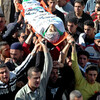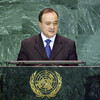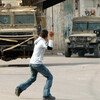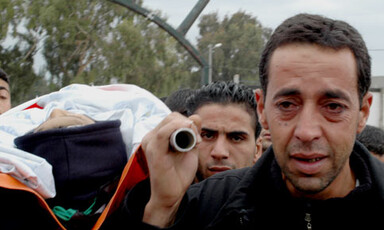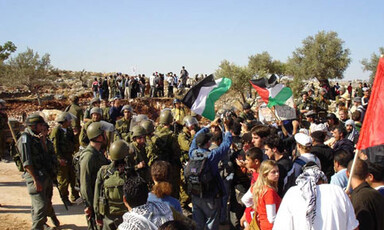
VIDEO: Protests in Bil'in
18 November 2005
On Friday November 11th 2005, the residence of the Palestinian village of Bil’in, along with international and Israeli activists, rallied at the center of the village to prepare for their weekly act of civil disobedience and non-violent protest. Bil’in was once a small peaceful village located high on the hills of Palestine, inside the West Bank and north of Jerusalem. For thirty-eight years, a brutal Israeli military occupation has subjected the village of Bil’in, along with the entire West Bank, to unrelenting violence, seizures, curfews, and land appropriations that have violated the Palestinian peoples’ basic civil and human rights. The wall has now reached the village of Bil’in, threatening to cut the villagers off from two thirds of their land. Read more about VIDEO: Protests in Bil'in
